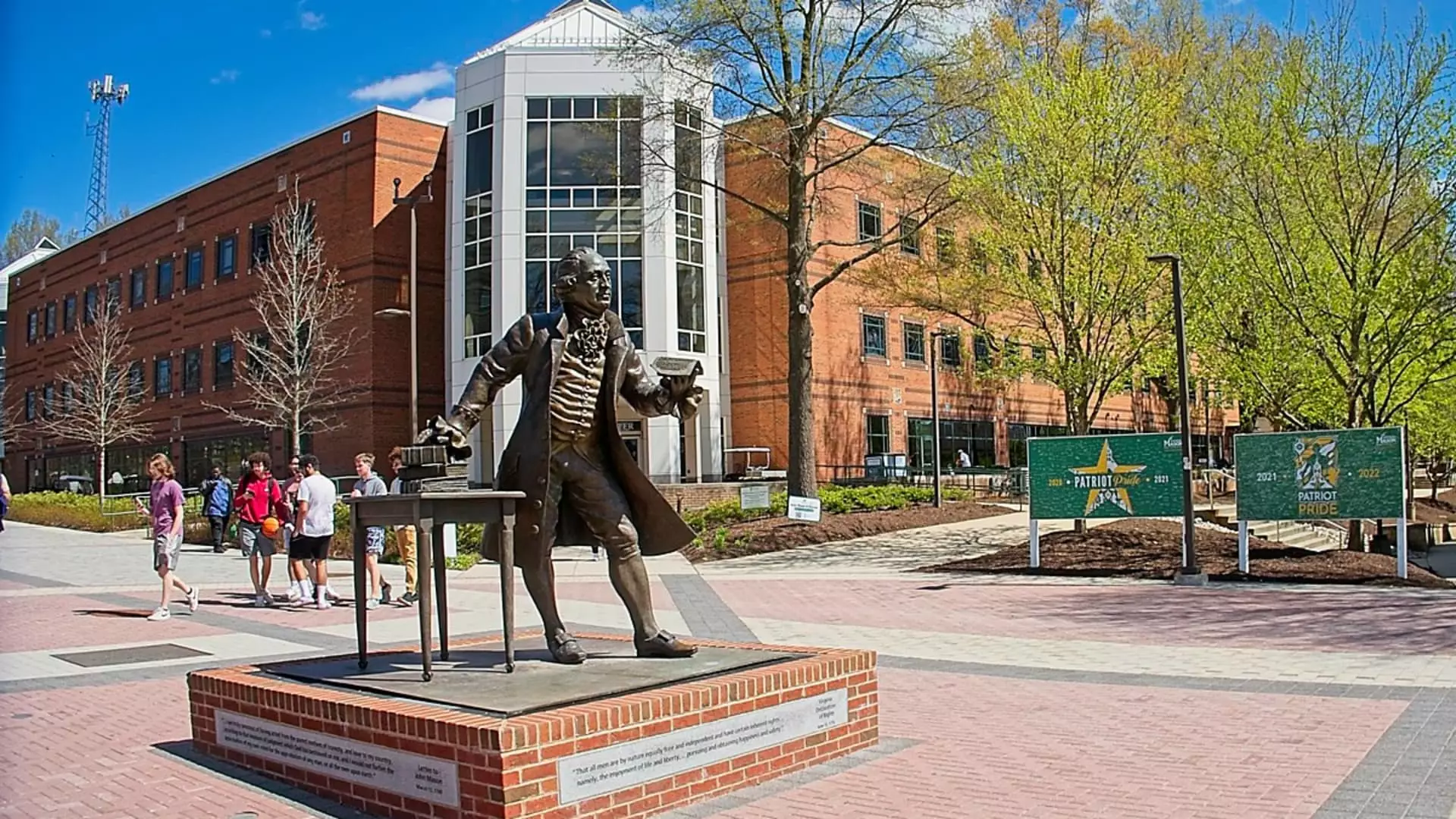In recent months, the federal government’s aggressive scrutiny of university hiring practices has shifted from a conversation on merit to a battleground for ideological warfare. The investigation into George Mason University, a school historically positioned outside the progressive mainstream, epitomizes how politicized agendas threaten to distort the very principles of fairness and equal opportunity. While the Department of Education claims its intent is to ensure civil rights protections, this heavy-handed approach risks turning universities into battlegrounds for partisan interests rather than sanctuaries of meritocratic growth.
What stands out in these investigations isn’t just their legal implications but their underlying political motives. The emphasis on “preferential treatment” based on race or diversity initiatives disregards the nuanced reality that universities have long been committed to broader notions of fairness—one that values individual achievement over ideological quotas. The relentless focus on race-centered policies, fueled by federal probes, suggests an alarming attempt to weaponize civil rights laws as tools for social engineering rather than safeguards for genuine equality.
Injecting Ideology into Institutional Culture
The claims against GMU, especially concerning the appointment of its first Black president and associated diversity initiatives, reveal a disturbing trend: the politicization of campus leadership and policies. These initiatives, branded as efforts for equity and anti-racism, are now under suspicion not solely for their content but for their very existence. The narrative that diversity and inclusion are suspect signals a deep misunderstanding of their importance—an undermining of the core American ideal that opportunity should be accessible to all, regardless of background.
Another dangerous aspect of this political overreach is the subtle erosion of academic independence. University administrators are caught between maintaining institutional integrity and appeasing federal mandates, which often come with strings attached. The directive to balance merit with diversity, as alleged in the complaint, risks reducing higher education to a game of social quotas rather than a space for intellectual rigor. This commodification of merit dilutes the quality and integrity of academic standards, ultimately harming students who seek genuine preparation for the complexities of the modern world.
The Silent Threat to Academic Diversity and Innovation
What is most troubling is how these investigations threaten the diversity of thought essential to higher education’s vitality. Conservative donors, universities with traditional backgrounds like GMU, and progressive institutions alike contribute to a rich tapestry of ideas. However, the federal targeting of schools with known conservative ties, such as GMU’s history of conservative backing and donations from right-leaning foundations, indicates a bias that undercuts the free exchange of ideas.
This climate stifles innovation by penalizing institutions that challenge prevailing narratives or that hold different philosophical stances. Universities are meant to be arenas of debate, not camps in a culture war. When the government uses civil rights laws as a cudgel to scrutinize and potentially diminish their policies, it risks transforming the higher education landscape into a politically homogenous territory where ideological conformity replaces genuine scholarly inquiry.
The Fallacy of Equal Outcomes Over Equal Opportunity
Central to these investigations is a flawed fixation on outcomes rather than opportunities. Policies designed to promote diversity are often misunderstood or misrepresented: they are not about guaranteeing equal results but about broadening access and ensuring all groups have a fair shot at success. The government’s focus on “preferential treatment,” and the insinuation that it compromises merit, dangerously oversimplifies what a truly equitable system entails.
Advocates for inclusive policies argue that they correct historical disparities, providing historically marginalized groups with the resources and support necessary for success. The pushback against these initiatives, especially under a political regime that views them skeptically, risks backtracking decades of progress. Instead of recognizing that not all disparities are due to innate differences but often systemic barriers, critics paint these efforts as corruptions of fairness—painting diversity initiatives as unfair advantages rather than essential remedies.
The current climate threatens to distort higher education into a politicized arena where policies are judged not by their efficacy but by their political utility. While oversight is necessary, overreach undermines the very principles of fairness, diversity, and intellectual freedom that should define academia. It’s a betrayal of the foundational idea that the pursuit of knowledge is inherently inclusive and that institutions should serve as spaces where merit and opportunity go hand in hand—free from the distortions of political agendas and ideological warfare. Genuine diversity emerges not from quotas or investigations but from fostering environments where different ideas, backgrounds, and perspectives can coexist and challenge each other honestly and freely.

